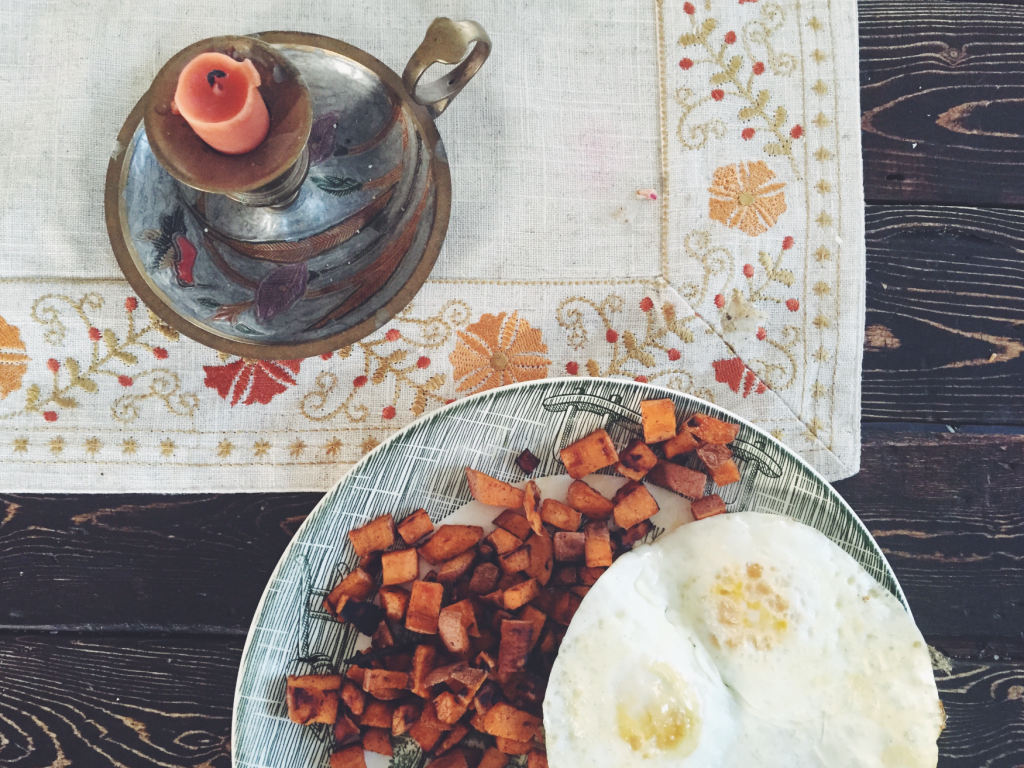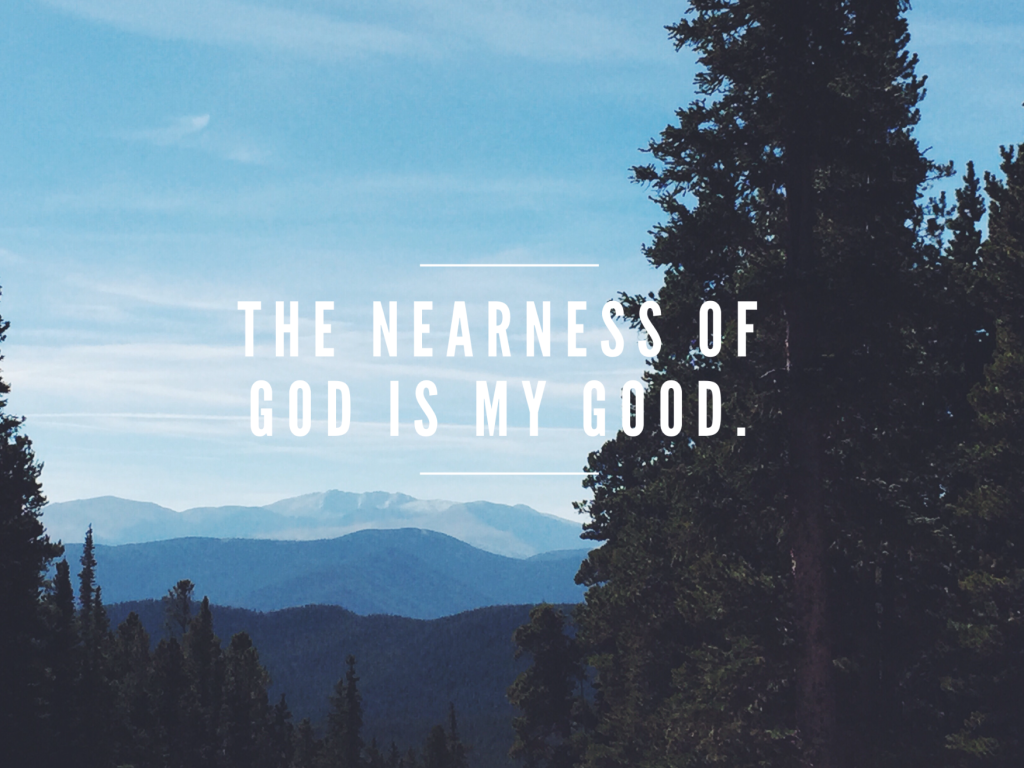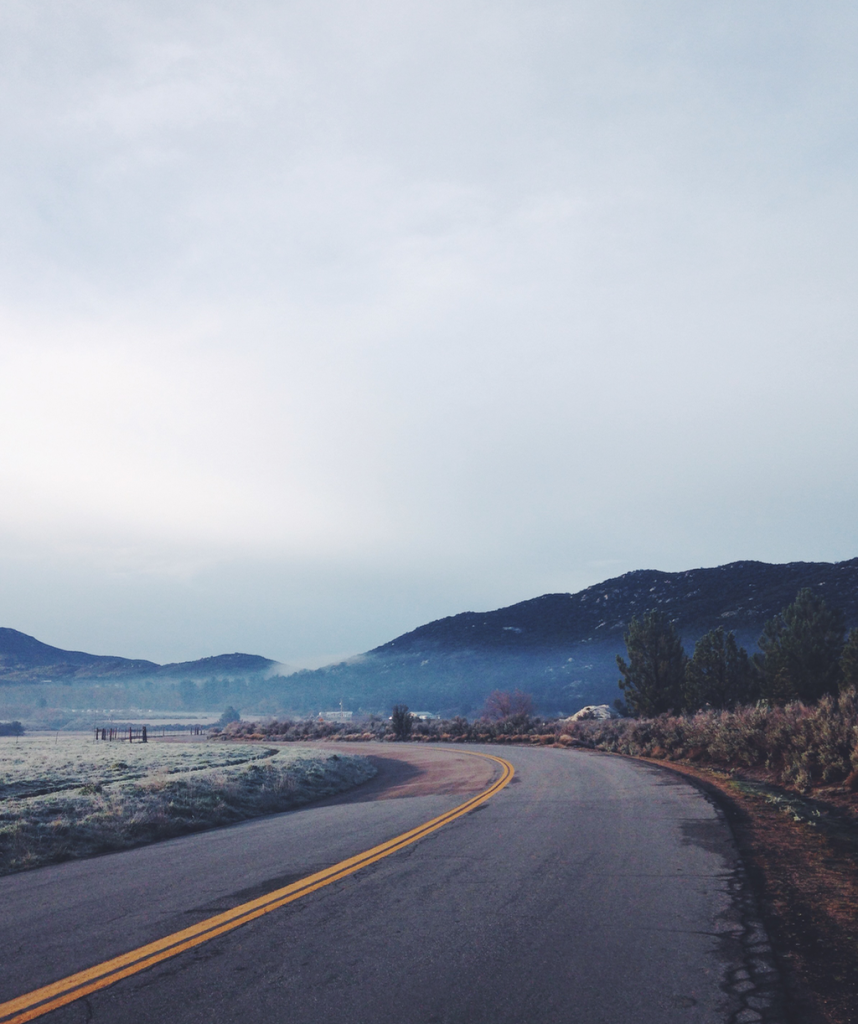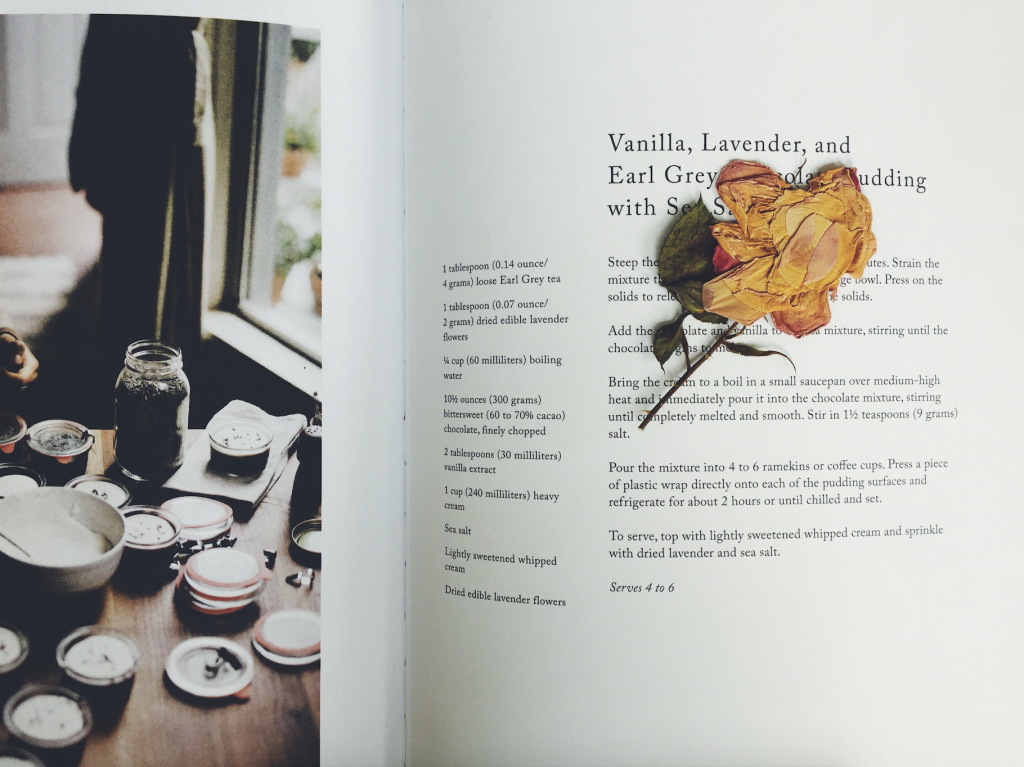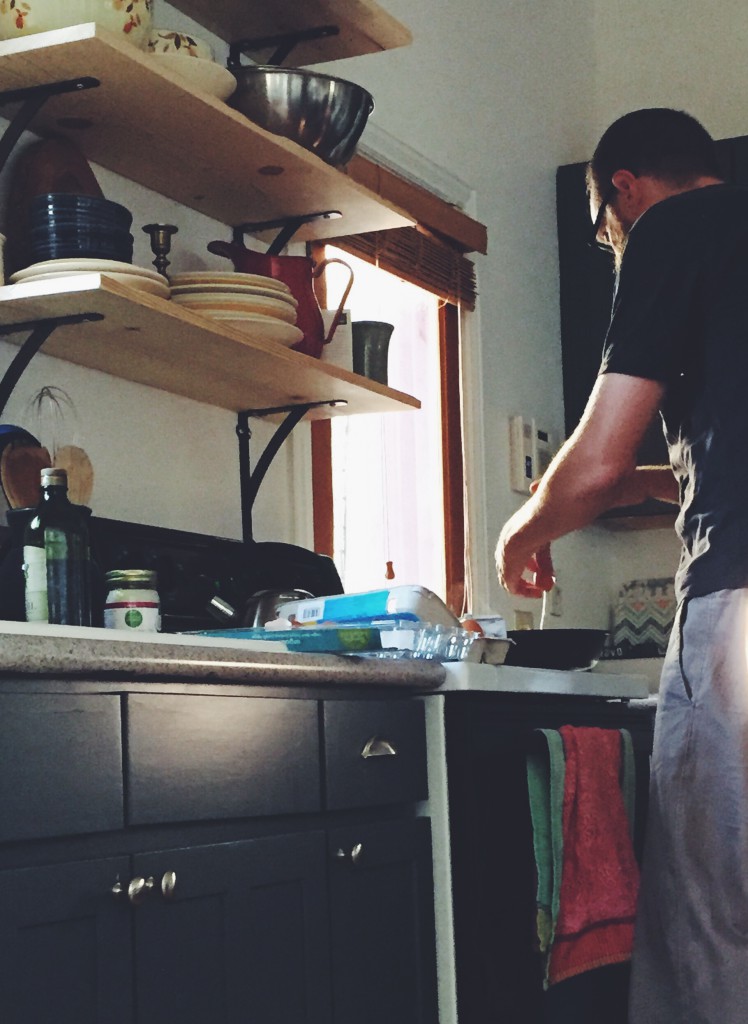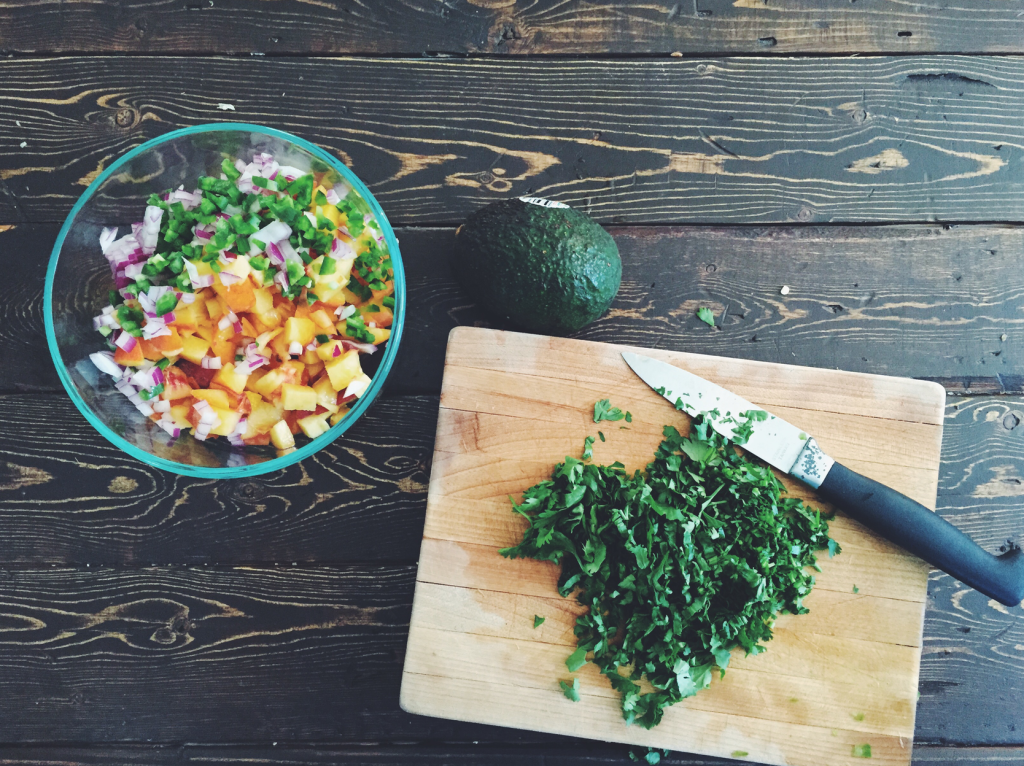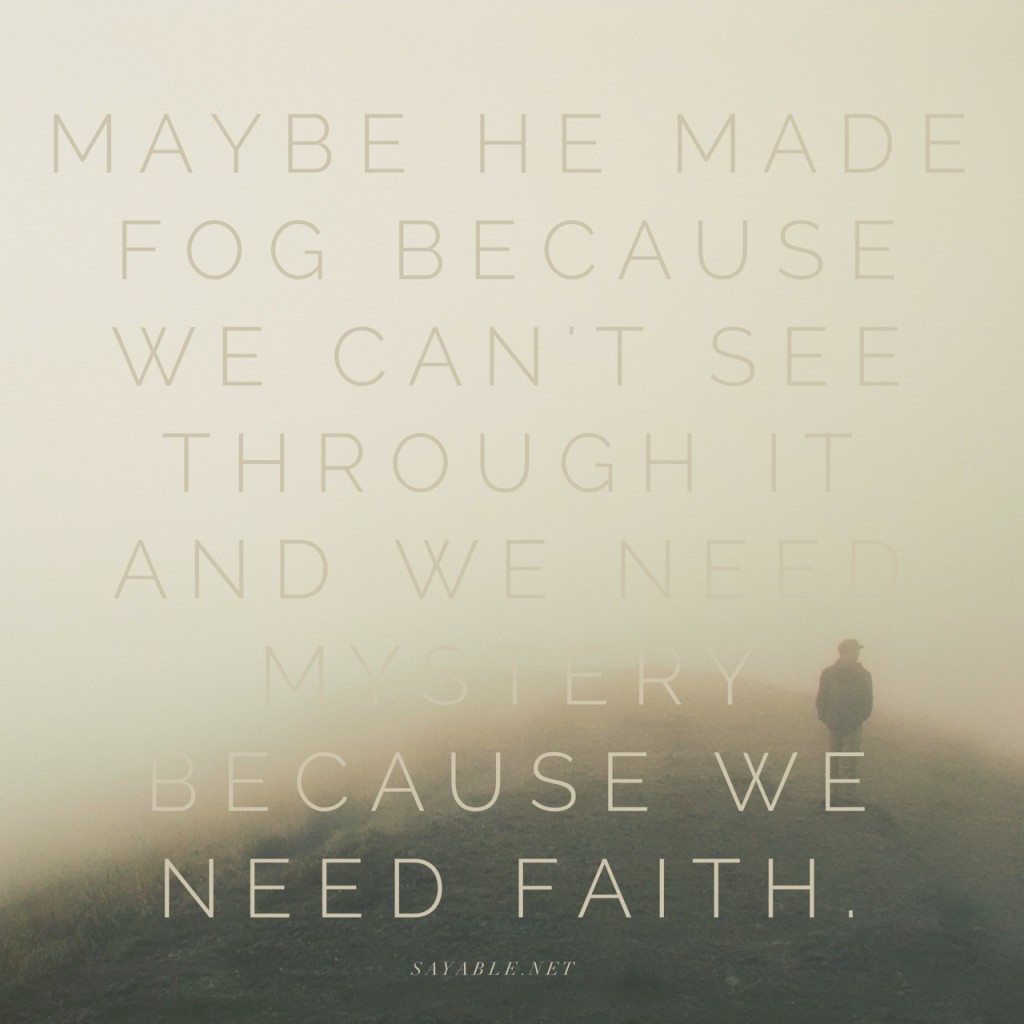This is a story for everyone, but it's mostly a story about hope and faithfulness and a kitchen table. I'm supposed to speak about singleness in a few weeks but I can't help feeling like I've given up my card, as though I'll be the one all the singles sit and roll their eyes at, "Easy for you to say, you're married." And it's true, in some ways some thoughts I have about singleness will sound trite and less than tried and true, but here is a truth: I was single for 34 years and now I am married. That means I am a statistic in two ways: people are staying single longer now than ever, and most people do in fact some day get married. I am not the exception, I am the rule. And I pray for those of you who are part of the first statistic, you will someday be part of the second.
But now here's my story.
A few years ago a girl came to live with me. I'd known her since she was 14 and knew the cards she'd been dealt set her up for some disappointment in life, and I knew I'd be helping to carry that baggage for a season. What I didn't know is that I'd often feel like a single parent with her. In the midst of walking through that season, a friend of mine pitched an idea to me. He said, "I think it would be good for her to work on a project and I have a project I'd like to do with her." It seemed he had a friend, a man recently divorced who helped lead the marriage reconciliation group at our church, who had opened his home up for men to live in throughout the past two years, and who invited more men into his home every week for dinner, conversation, and friendship. One problem: this friend did not have a kitchen table.
So my friend, and my little girl, they embarked on a project: Project Farm Table. It was to be a surprise for the friend and so it was. When they gave the table to the friend, he nearly wept and said it was the best gift he'd ever been given.
Six months later I sat at that table for the first time and listened to the recipient of the gift share some of his testimony. I didn't know it then, but at the intersection of my friend, my little girl, this table, and that man, I would meet my husband.
This is a story about a table, but it's actually the story of so much more.
For years I wondered what was wrong with me, why no one wanted to marry me, why God was holding out on me. What I didn't realize was that my future husband was walking through the discipline of God and the failure of his marriage. For 13 years while I whined about my singleness to God, God was shaping my future husband in the crucible of marriage to someone else. God wasn't holding out on me, he was working in both of us an eternal weight of glory.
For years I felt convinced that online dating or other mechanisms to meet a husband was not the best for me. I felt firmly convicted that service to the local church and to God was the mechanism through which God would bring marriage if that was His plan for me. I wrestled, complained, struggled to do this well, but I trusted Him in it. I put my hand to the plow and served, trusting that if God had a husband for me in the local church, then I would know because he would be a man who was faithfully serving, leading, showing hospitality, walking in grace, humbly accepting the discipline of God and other men I knew and trusted. Nate was a man well known by my friends, my elders and pastors, and others. Trusting Nate, following his lead, loving him came swiftly and easily because he had faithfully given himself to the local church in every way. No stone was left unturned in his life—he was fully submitted. And at the proper time we came face to face with one another.
For years I was certain I would have to compromise in a thousand ways if I ever found myself faced with marriage (and did compromise over the years multiple times in multiple ways), but with Nate I found we were both running so hard and so fast toward the kingdom that we were only helped by the presence of one another. He helped loosen chains of fear binding me back and I spurred him on toward confident leadership. My fears that I'd marry someone who didn't challenge me spiritually and intellectually were baseless. My fears that I'd marry someone who was lazy or indulgent were silenced. My fears that I'd have to marry someone who I wasn't attracted to or didn't enjoy were proven wrong. Nate is my better in every way. I don't say that with an ounce of false humility, I truly mean it. I do not know a finer person, a more humble and gentle man, a harder worker, a more faithful friend, a kinder neighbor, a more generous accountant, or a better servant of God.
Nate was all of those things before meeting me—after submitting himself to the discipline of God in his failed marriage, in his desire to understand and grasp the full counsel of God instead of cherry picking pet theologies, and in his faithfulness to the call of God to minister with the grace he'd been given. He was inviting men into his home, ministering to broken marriages, addicts, serving them around his table, showing hospitality, parking cars at our church's lot, not watching pornography or struggling with sexual sin, leading arrogant and broken men in reconciliation to God and to their wives as much as it depended on them. He was doing all this when my friend and my little girl made him a farm table.
I'm sitting at that farm table now, in our kitchen, in our new house in Denver. And I'm marveling at God. God who never sleeps, nor slumbers, but keeps. He kept both of us while we were making foolish decisions and good ones. He kept both of us while we were holding tenaciously to beliefs we had and our confidence in them and in Christ. He kept both of us in the midst of difficulty, trial, faithfulness, and sadness. He kept.
I wanted to tell you this story for a few reasons:
One, if you are single, remember: God is not sleeping. Two, if you are in a difficult marriage, remember: God is not sleeping. Three, if you are serving your local church tirelessly, remember: God is not sleeping. Four, whoever you are, in whatever circumstance you're in, remember: God is not sleeping.
He's keeping.


